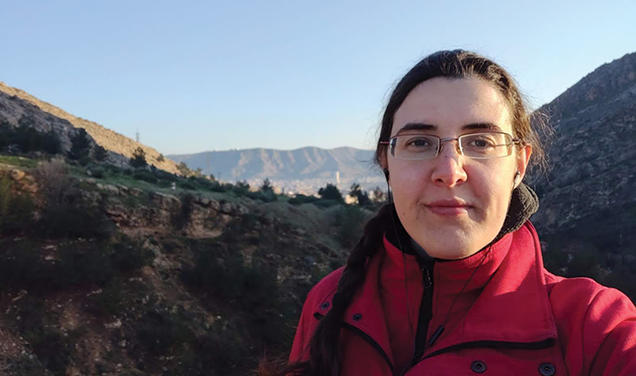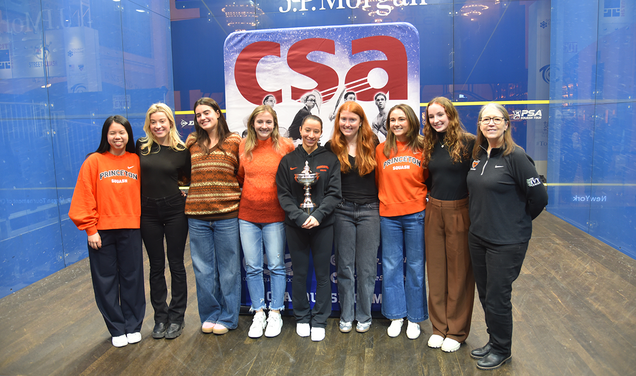
When Marcelo Rochabrun ’15 became the top editor of The Daily Princetonian last year with plans for “more aggressive” reporting, he was expecting a sometimes-thorny relationship with the Princeton administration. What he found, however, was that the students were the hardest to work with.
Administrators “were not always happy with what we did, but they understood we had a job to do, we had a role, and that we had to work together,” Rochabrun said. “Whereas the students, whenever we had a story that didn’t portray certain aspects of student life so positively, they would sort of get up in arms about it.”

In his final column as editor-in-chief in January, Rochabrun described how Prince writers had faced retaliation for their stories, including being banned from an eating club and threats of bodily harm (“serious yet highly improbable”). “It’s hard being a student journalist at Princeton these days,” he wrote.
Evan Thomas, who taught journalism at Princeton from 2007 to 2014, said his experience supported that view: “I’ve found in my teaching that it was hard for students to write about other students.”
Rochabrun’s column was picked up and debated in national media; a Bloomberg Business story, for example, was headlined “Princeton Students: Too Thin-Skinned to Read Real Campus News.”
On campus, the responses were mixed. One commenter on the Prince website wrote that “you’ll never please everyone. But that’s not the job of a journalist.” Many others were critical, with students calling the column “self-congratulatory” and “hypocritical.”
Posters criticized controversial articles Rochabrun had run as editor, including one that identified a student arrested for drug possession in January. Another — a blog post headlined “The future of psychedelic research may be funded by Terrace members” — described an email sent to Terrace Club members by an alum seeking funds for a study of a psychotherapy treatment using MDMA, also known as Ecstasy.
“I see publications as part of a larger community, and I would hope that a publication would help facilitate community,” said Naimah Hakim ’16. “It can be worrisome and saddening to me if I see things posted that I certainly wouldn’t want shared.”
The Prince has always had a “contentious relationship” with the student body, said Richard Just ’01, a former editor-in-chief of the paper and now the editor of National Journal (and chair of PAW’s advisory board). But that tension has taken on a new urgency with the rise of the Internet and the ability of news stories “to go viral,” he said.
Students who are the subjects of stories, Rochabrun said, “seem to be very concerned about what will show up in their Google results.”
“If it’s something that’s really going to damage someone’s reputation, it could be potentially life-changing or really upsetting to them,” said Jane Pritchard ’15. “That’s not fair.”
Rochabrun emphasized the newspaper’s role as an independent news organization. “Our reporters try to be journalists first, students second,” he wrote.
But it’s the very fact that they are student journalists that makes their situation so distinctive, he said. Professional journalists don’t have to reconcile their work with their local affiliations in the same way that student journalists do, Rochabrun wrote, saying that “it is inevitable that student journalists and story subjects will cross paths.”
Rochabrun’s successor, Anna Mazarakis ’16, stressed the theme of community in a letter to readers, promising “to work constructively with you over the course of the next year” and vowing “to improve communications between the paper and the community.”










0 Responses